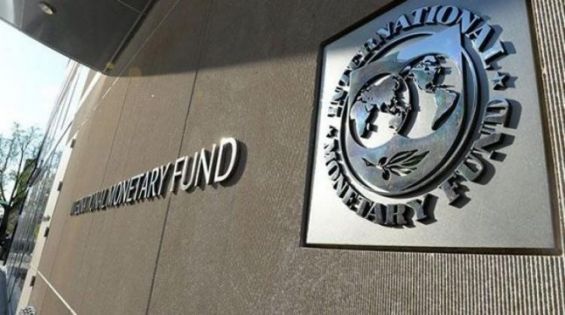The Executive Board of the International Monetary Fund (IMF) approved on Monday a two-year arrangement for Morocco under the Precautionary and Liquidity Line (PLL) for about US$ 3 billion, the Department of Treasury and External Finance (DTFE) at the ministry of Economy and Finance said.
«Despite a sharp pick up in global oil prices, the Moroccan authorities have reduced fiscal and external vulnerabilities and implemented important reforms with the support of three consecutive 24-month PLL arrangements», the IMF said in a press release.
The new PLL arrangement will provide insurance against external shocks and support the authorities’ efforts to further strengthen the economy’s resilience and promote higher and more inclusive growth.
According to the DTFE, the new arrangement will help support Morocco’s economic strategy as well as reforms aimed at promoting growth, fighting youth unemployment, reducing spatial and social disparities and strengthening the confidence of partners and foreign investors.
«Morocco has made significant strides in reducing domestic vulnerabilities in recent years. Growth remained robust in 2018 and is expected to accelerate gradually over the medium term, subject to improved external conditions and steadfast reform implementation», said Mitsuhiro Furusawa, IMF deputy managing director and acting chair of the executive board.
«External imbalances have declined substantially, fiscal consolidation has progressed, and the policy and institutional frameworks have been strengthened, including through the implementation of the recent Organic Budget Law, stronger financial sector oversight, a more flexible exchange rate regime, and an improved business environment», he pointed out.
The PLL was introduced in 2011 to meet more flexibly the liquidity needs of member countries with sound economic fundamentals and strong records of policy implementation but with some remaining vulnerabilities.




 chargement...
chargement...












